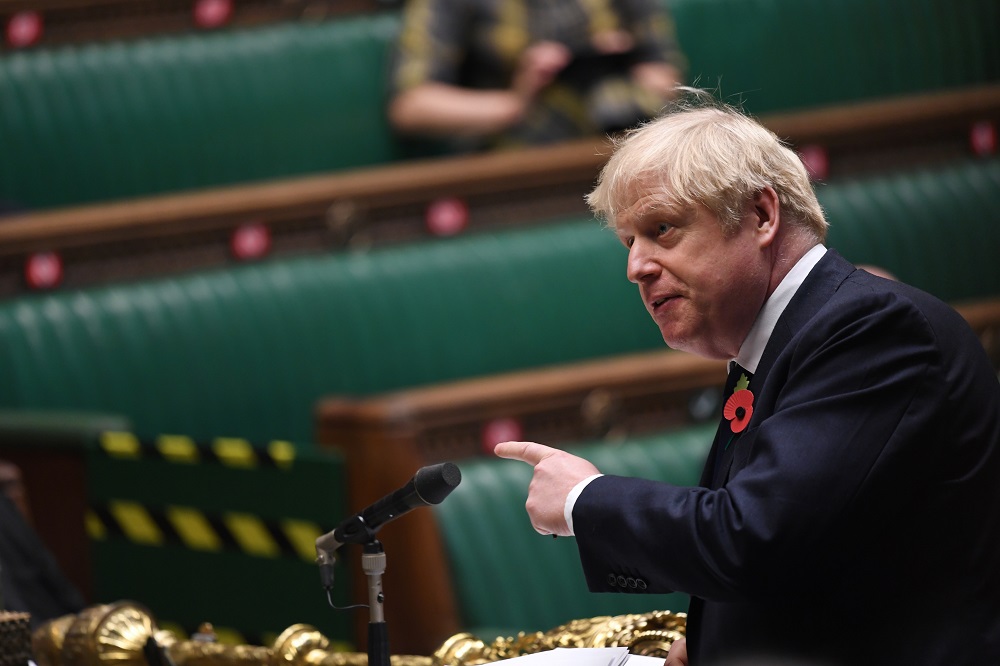
Prime Minister Boris Johnson announced Thursday that his government would be upping the UK defense budget by nearly $22 billion over the next four years. That’s over and above the previous commitment to stay ahead of inflation by a half percent annually. In short, combined that means almost $32 billion in additional resources. The increase will ensure that the UK stays well over its NATO commitment to spend more than 2 percent of its GDP on defense.
What’s
all the more remarkable about the decision is that it comes at a time when,
because of the pandemic and the resulting fiscal disorder brought about by the
crisis, finding these extra monies at the expense of other programs is no small
thing politically. One can only imagine the Cabinet discussions — and perhaps
heated debate — about taking this step.

According
to the Prime Minister, the funding bump will be targeted at spending more on
cutting-edge technology (such as AI, autonomous systems, stealth, and directed
energy), tripling the country’s offensive cyber capability, continued
modernization of the Royal Navy fleet, establishing a space command, and having
a carrier strike group — built around the new HMS Queen Elizabeth and its
squadron of F-35s — continually available. Altogether, combined with existing
capabilities, the goal is to maintain a full-spectrum military, with the latest
in weaponry and systems. It also signals London’s commitment to remain a lead
NATO nation and one capable of working with the US military as no other ally
can.
No
doubt, this decision is driven in part by the continuing threat to Europe posed
by Russia — and which increasingly includes the waters and space around the
English isles — but also by Johnson’s government to show, post-Brexit, that it
intends to still play as much as possible on the global stage. The question facing
British strategists and military planners in the months and years ahead is
whether this ambition spreads Britain’s military power too thinly. Even with
the increase in spending, much of it will go into the quality of the force that
London brings to the table, with less going to the quantity. Can the UK do
everything it wants and still field a force that can sustain operations for an
extended duration? As welcome as the pledge for more monies for defense
is, long-time skeptics of the UK budgetary process will be watching to see
whether the new plans don’t eventually come at the cost of other, more mundane
defense capabilities and programs.
But, to be clear, this is still good news. And it comes on the heels of recent news by Australia and Sweden — one, an ally, and the other, a close strategic partner — announcing significant defense budget increases. Indeed, other than South Korea, no American ally has announced substantial cuts to its military budget. COVID-19 or not, the threat posed by Russia, China, and terrorism is not going away. How sustainable politically this will be among allies will depend in part on what the Biden administration does here. Already, under the Trump administration, defense budgets were creeping downward, despite estimates from both the civilian and military side of the Pentagon that an annual increase of 3 percent to 5 percent annually was necessary to carry out current plans. Facing increasing deficits, and with the Biden team’s plans for significant increases in domestic spending, it may well be that the defense budget once again becomes the bill payer for these other priorities. If so, don’t expect US allies to continue with the good (defense) news.
The post Good (defense) news from London appeared first on American Enterprise Institute – AEI.
